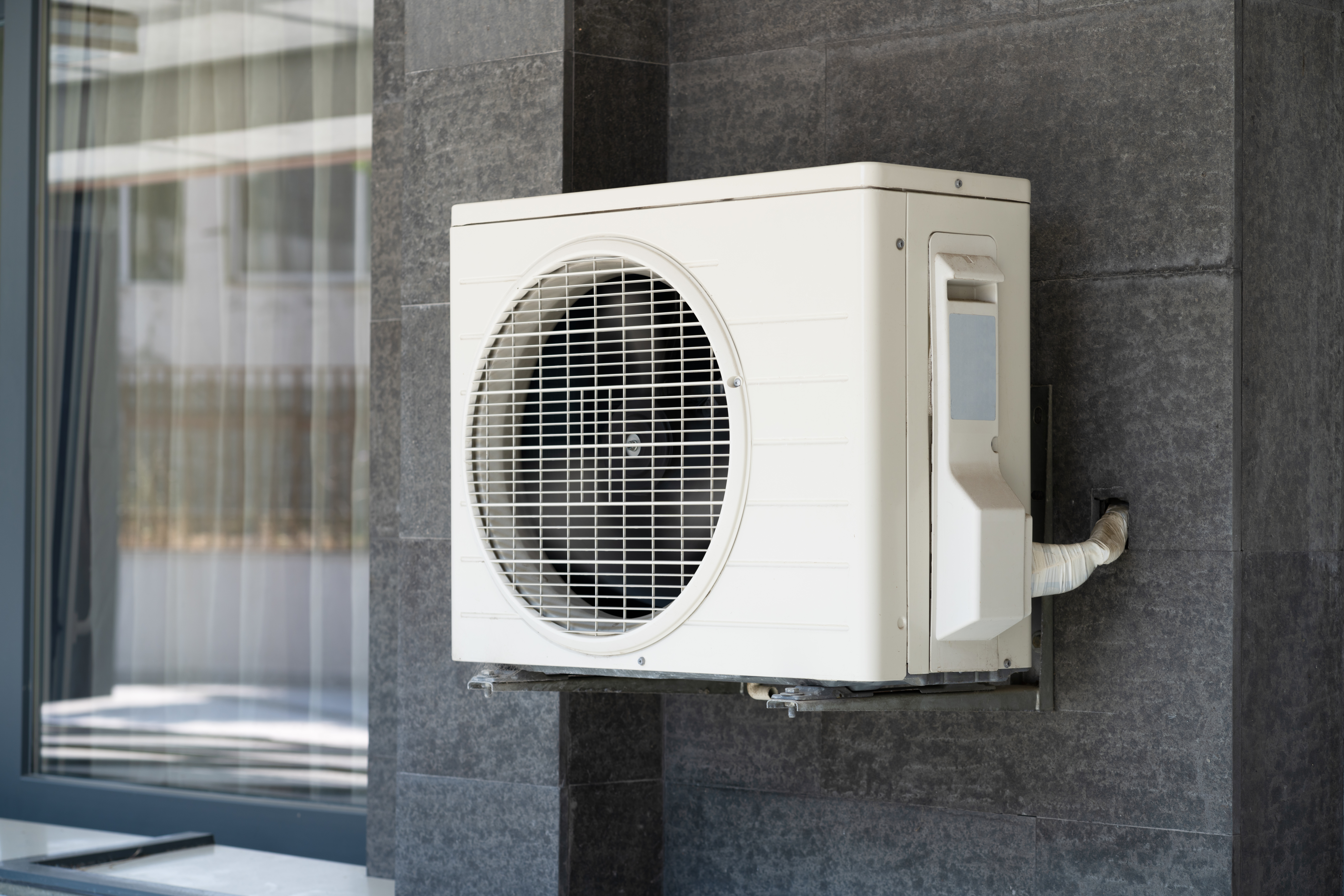The United States Energy Information Agency (EIA) recognizes heat pumps as invaluable tools for meeting ambitious, global emissions-reduction goals. According to the United States Department of Energy (DOE), having a modern heat pump installed could cut your heating and cooling-related energy use by as much as 65% annually. Heat pumps offer reliable, year-round performance, indoor air quality (IAQ) protection, humidity regulation, and steady temperature control. However, if your heat pump is nearing the end of its lifespan, you probably don’t enjoy benefits like these. Read on to discover seven solid reasons to consider heat pump replacement now.
1. Lower Your Carbon Footprint and Cut Your Month-to-Month Spending
With HVAC use accounting for approximately 50% of the average household’s monthly energy bill, replacing your heat pump is a great way to proactively lower your overhead costs. Like all HVAC equipment, heat pumps lose efficiency over time. In fact, it’s estimated that most heating and cooling equipment loses as much as half of its efficiency after just 10 years of service. So, even if your current unit came with an excellent heating seasonal performance factor (HSPF) rating, it’s unlikely that its performance matches that rating now.
While routine filter changes and regular tune-up service can reverse much of your heat pump’s year-to-year wear, they won’t reverse it all. Cumulative changes in the integrity of your heat pump’s primary components will invariably make your heating and cooling system more costly to use each season.
There’s also the fact that newer heat pumps are inherently more efficient than the models that came before them. 2023 saw significant changes in the legal minimum for heat pump efficiency. While an HSPF rating of just 8.2 was the industry standard since 2015, as of 2023, all newly manufactured heat pumps must have an HSPF rating of 8.8. You’ll also find more models with smart features and capabilities, integrated IAQ support, variable-speed motors, and other innovative and highly efficient updates.
2. Your Heat Pump’s Refrigerant May Be Obsolete
All air conditioners and heat pumps rely on refrigerant for heat transfer. During cooling mode, icy refrigerant absorbs heat from indoor air and routes it outside. In winter, refrigerant carries heat into buildings as heat pumps operate in reverse. For many years, Freon, or R-22, was the industry standard for residential coolant. As of 2020, Freon is no longer produced in the United States and it’s no longer being imported. If you have an older, Freon-reliant heat pump, you could pay a veritable fortune for refrigerant recharge service as consumers increasingly compete for dwindling Freon supplies.
Many newer heat pumps use R-410a, or Puron. R-410a is considered environmentally superior to Freon given that it doesn’t contain ozone-depleting hydrochlorofluorocarbons (HCFCs). However, the latest heat pumps have even more eco-friendly designs given that they use Opteon XL41 refrigerant, or R-454b. This refrigerant contains neither HCFCs nor hydrofluorocarbons (HFCs), and it doesn’t significantly contribute to global warming.
Upgrading to a heat pump that uses an eco-friendly refrigerant is a great way to do something good for the environment. It could also save you money on future heat pump repairs. If your heat pump ever develops a refrigerant leak, you’ll pay less to have it fixed and recharged than if using Freon. This is also true for older, Puron-reliant heat pumps as the availability of this coolant changes and as more HVAC technicians and companies focus on the handling and supply of the latest generation of coolants.
3. Your Current Heat Pump Makes Too Much Noise
Increased noise during operation is a common sign that HVAC equipment is nearing the end of its lifespan. Your house might be flooded with ticking, hissing, humming, or clanging sounds as your heat pump springs into action. This can make it difficult to enjoy a good book, set your TV to a reasonable volume, or hold quiet conversations. You might struggle to fall asleep and stay that way while your heat pump is running. If you work from home, a noisy heat pump could also disrupt your virtual meetings.
Many new heat pumps offer whisper-quiet operation. This is due in part to their more efficient and highly refined designs. However, new models also lack the trapped buildups of debris, worn parts, loose connections, and adverse changes in general materials that are both common among older units and conducive to noise.
4. Deal With Outdoor Grading Problems
Heat pumps have indoor air handlers and outdoor condenser/compressor units. Your current heat pump’s condenser is installed in your rear or side yard on a concrete or composite pad. Given that compressors are highly pressurized when refrigerant is added, these units must be on stable, level ground. Unfortunately, during the approximately 15- to 20-year lifespans of heat pumps, the soils beneath their concrete pads can shift, erode, or settle.
During general heat pump maintenance, you might find that your outdoor condenser/compressor unit is tilted. While there are often ways to stabilize outdoor units to accommodate soil movement, replacing an aging heat pump will give you a truly fresh start. You can take care of larger, landscaping-related problems such as invasive, underground root growth and poor grading. You can also replace a cracked or sagging slab.
5. Give Your Indoor Air Quality a Boost
Aging HVAC equipment is often harboring considerable buildups of dust, pollen, hair, carpet fibers, and other debris. Although HVAC air filters normally collect larger particulates, these things can be blown off or enter HVAC systems via leaky ducts and other openings. Sadly, not all the debris that enters your heat pump is dry and dusty. Some of this material is damp, tacky, and prone to adhering. With all-new equipment, you won’t have to worry about having trapped allergens re-enter your indoor air and cause IAQ-related symptoms like:
- Coughing
- Sneezing
- Watery eyes
- Difficulty breathing
Given that they aren’t harboring odor-causing pathogens like mildew and mold, new heat pumps also leave houses smelling fresher all around.
6. Spend Less Money on Heat Pump Repairs
Aging HVAC equipment often experiences the majority of its issues during the final years of its life. Although your heat pump might last two decades or longer, you’ll pay more to keep it working over time. Total up your cumulative repair costs for the past five years. You may find that it’s actually more cost-effective to swap out your heat pump than to continue fixing random issues. This is especially true when considering the impressive efficiency gains supplied by new equipment and the likelihood of additional, age-related problems. It’s also important to note that brand-new heat pumps come with brand-new manufacturer warranties, which means little to no spending on issues resulting from defective parts, faulty assembly, or other manufacturer errors.
7. Increase Your Home’s Value and Appeal
If you intend to list your house in the coming years, nothing will add to its value and appeal like new heating and cooling equipment. When replacing your heat pump, you can incorporate cutting-edge capabilities like zoned air distribution, integrated smart technologies, and integrated IAQ accessories, among other things. In addition to having an easier time passing lender-required inspections, your home could command a higher asking price and have an easier time attracting qualified and motivated buyers.
Proudly serving Louisville, KY since 1940, we offer top-notch HVAC, plumbing, and electrical services. You can count on us for superior workmanship, competitive pricing, and cutting-edge products. If you’re ready to have your heat pump replaced, get in touch with Bryant Heating, Cooling, Plumbing & Electric today to request a quote or schedule an appointment.



